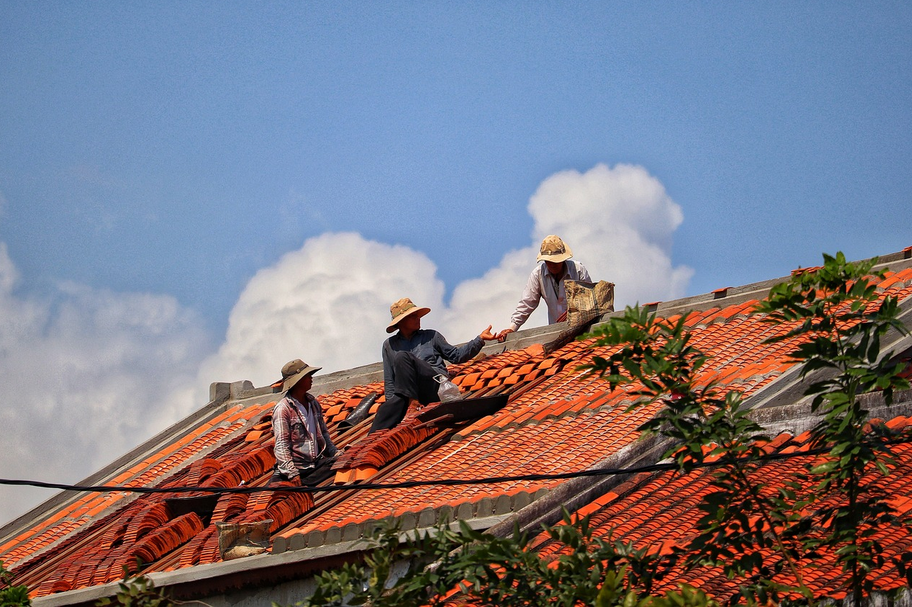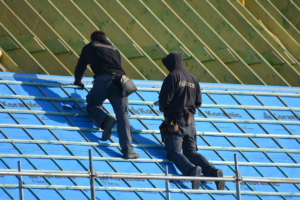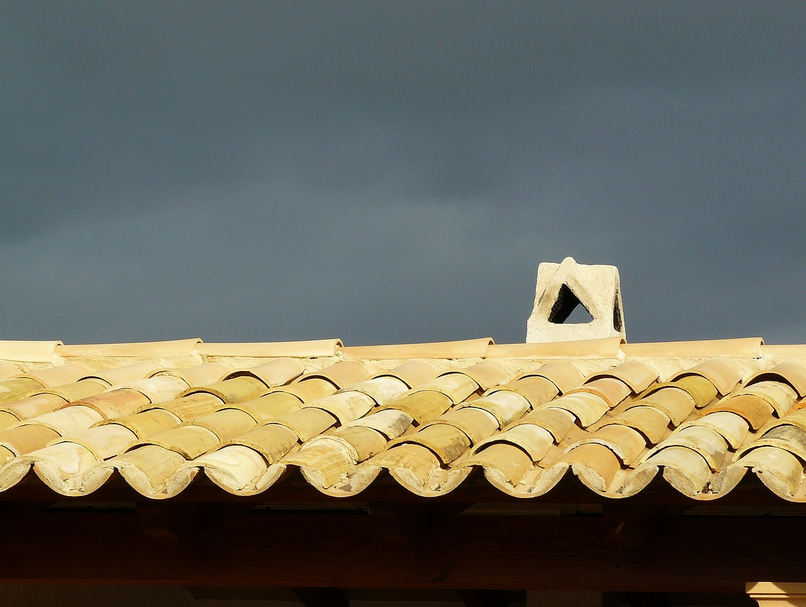Roofing is an essential aspect of any building, whether residential or commercial. A well-functioning roof protects the occupants from harsh weather conditions and adds aesthetic value to the property. However, roofing can be an expensive venture, and many individuals often need to be made aware of the actual cost of roofing. This could lead to unexpected expenses, delays, or even poor-quality work during the roofing process. Cost of roofing average is around $4 to $10 per square foot for a basic asphalt shingle roof. This includes installation costs, materials needed for the job, and labor costs.
Material Costs Vary by Region
Regarding roofing, one of the most important factors to consider is the cost. It’s essential to understand that the cost of materials can vary significantly from one region to another. This is due to several factors, including the availability of certain materials, transportation costs, and local market demand. Therefore, it’s crucial to consider your project’s location when estimating roofing materials costs. It’s also worth noting that material costs can fluctuate over time due to changes in supply and demand, economic factors, and natural disasters.
Labor Rates Affect Total Expenses

Roofing is a necessary expense for any property owner, and understanding the cost associated with this task is important to avoid surprises. It is essential to remember that labor rates significantly affect the roofing project’s total expense. The labor cost is the largest portion of a roofing project’s total cost. As such, it is essential to understand that a higher labor rate will result in a more expensive project. However, lower labor rates don’t necessarily mean you’ll get a better deal. It’s essential to consider the quality of work and experience of the roofing contractor you are hiring and the materials they are using.
Roof Size Determines Material Needs
One factor determining the cost of a roof replacement is the size of the roof itself. The larger the roof, the more materials needed to complete the job. A larger roof will generally result in a higher overall cost. Additionally, the required materials will vary depending on the size of the roof. For example, a smaller roof may require only a few bundles of shingles, while a larger roof may require several pallets. It is important to accurately measure the size of your roof to determine the correct amount of materials needed for the job.
Special Features Increase Installation Costs
Regarding roofing, special features such as skylights, chimneys, and complex roof designs can significantly increase installation costs. These features require additional labor, materials, and expertise to install properly, which can quickly add up. The cost of installing a roof with special features can be up to 20% higher than a standard roof installation. It’s important to consider these factors when budgeting for a new roof and to work with a reputable roofing contractor who can accurately assess the costs of any special features and provide a detailed estimate for the project.
Regular Maintenance Can Save Money
 As a homeowner, it’s important to understand the real cost of roofing and how regular maintenance can save you money down the line. Many people make the mistake of neglecting their roof until a major issue arises, which can cost them thousands of dollars in repairs or even a full replacement. By scheduling regular inspections and maintenance with a professional roofing contractor, you can catch small problems before they turn into big ones and extend the lifespan of your roof.
As a homeowner, it’s important to understand the real cost of roofing and how regular maintenance can save you money down the line. Many people make the mistake of neglecting their roof until a major issue arises, which can cost them thousands of dollars in repairs or even a full replacement. By scheduling regular inspections and maintenance with a professional roofing contractor, you can catch small problems before they turn into big ones and extend the lifespan of your roof.
Understanding the average roofing expenses is essential for homeowners and property managers to budget and plan for the future. It is important to remember that the roofing cost varies depending on the roof size, the materials used, and the project’s complexity. However, by working with a reputable roofing contractor and considering all the necessary factors, property owners can make informed decisions and ensure that their roofing project is completed successfully and within their budget.
